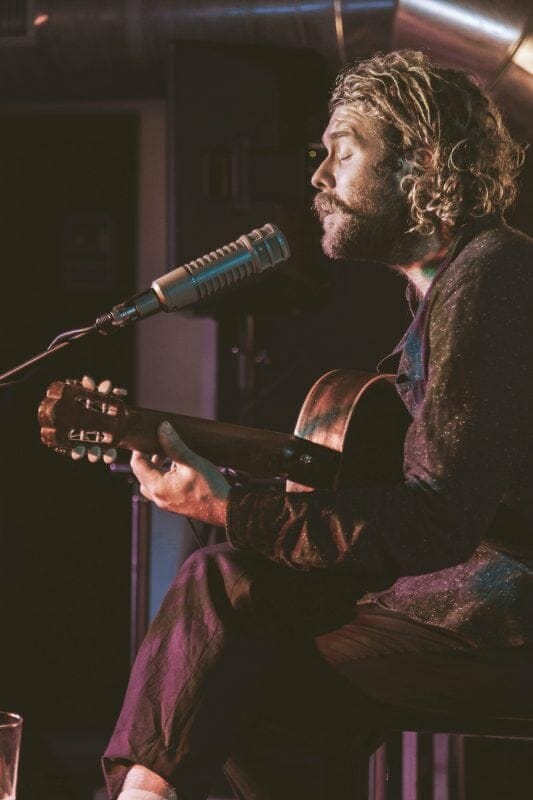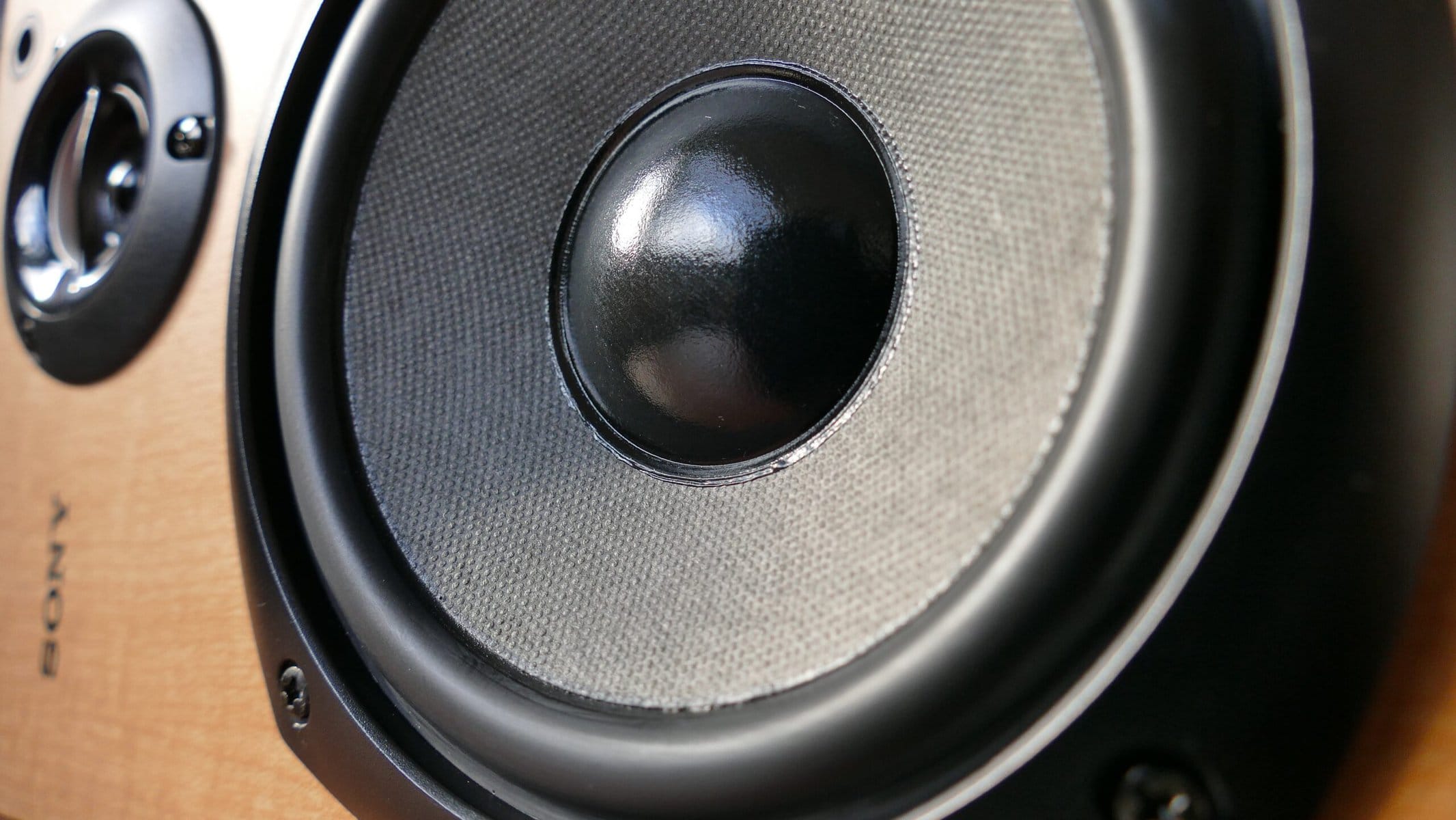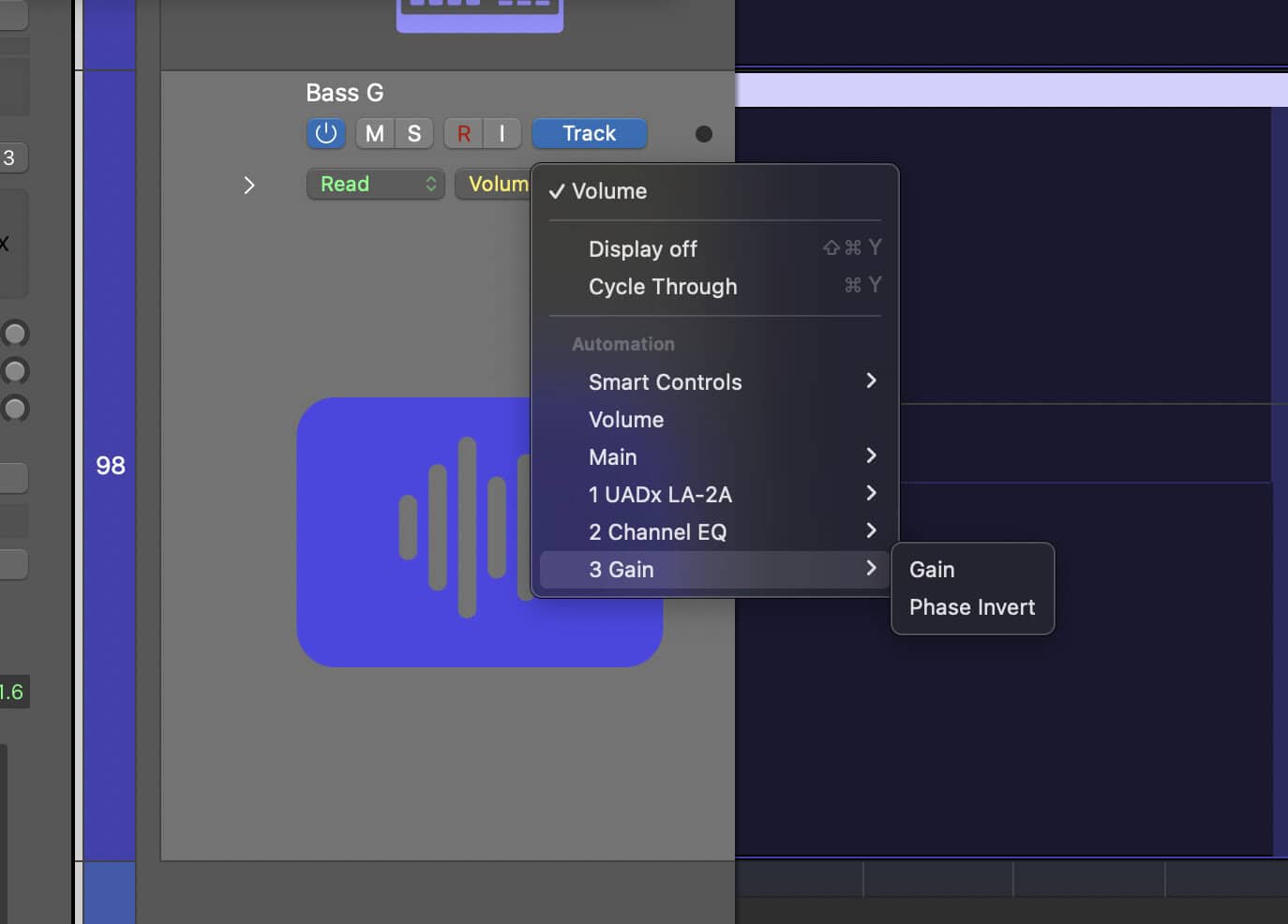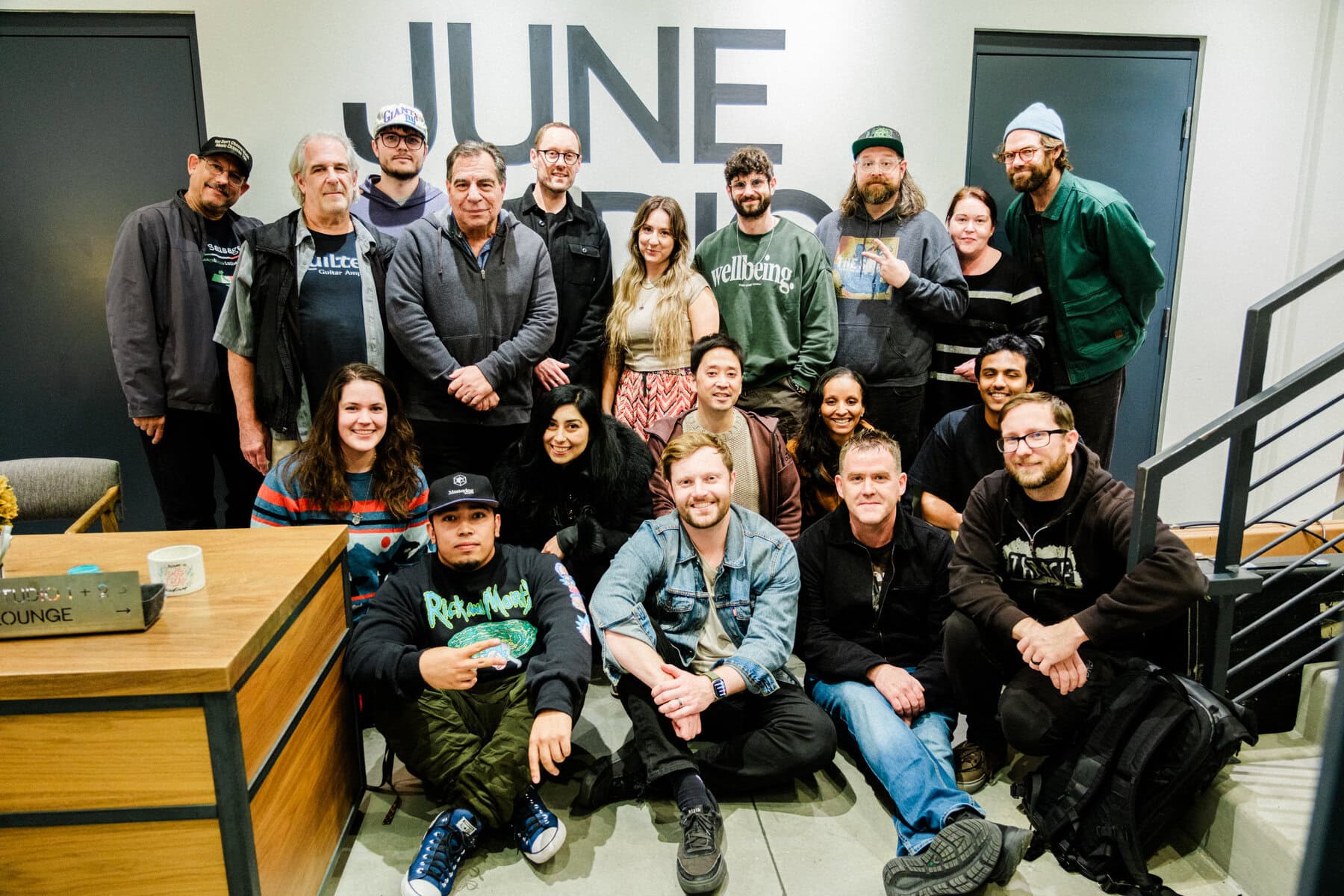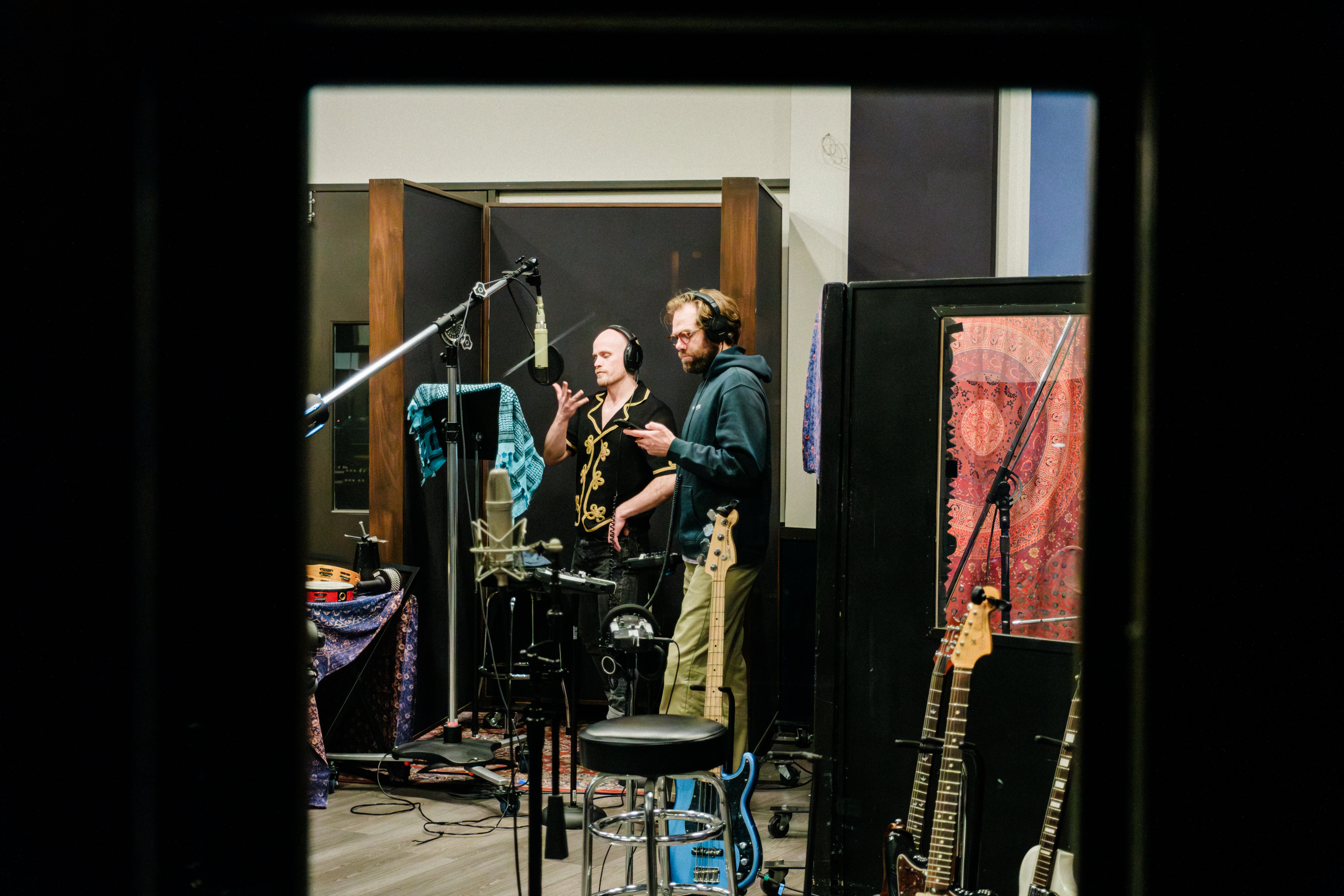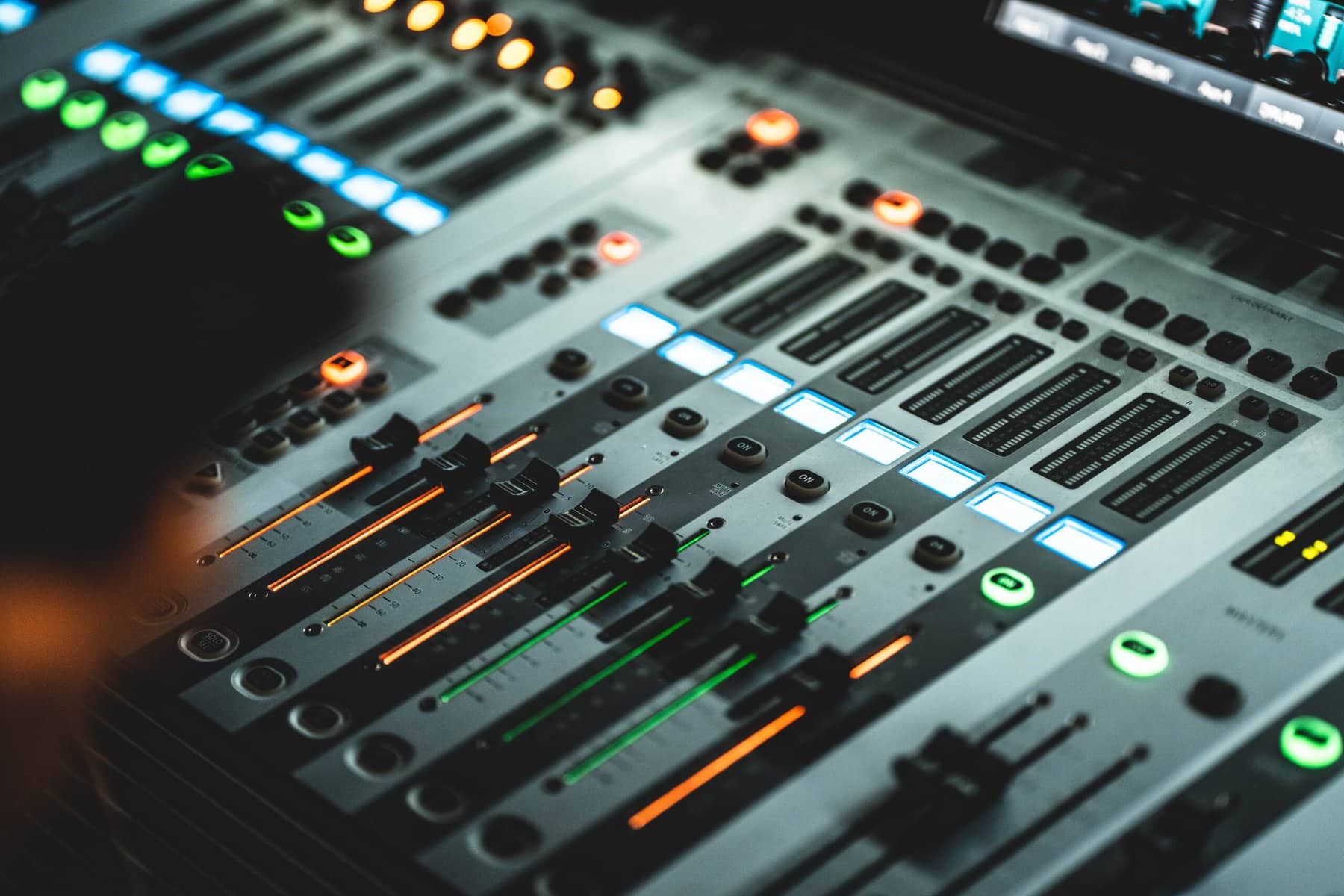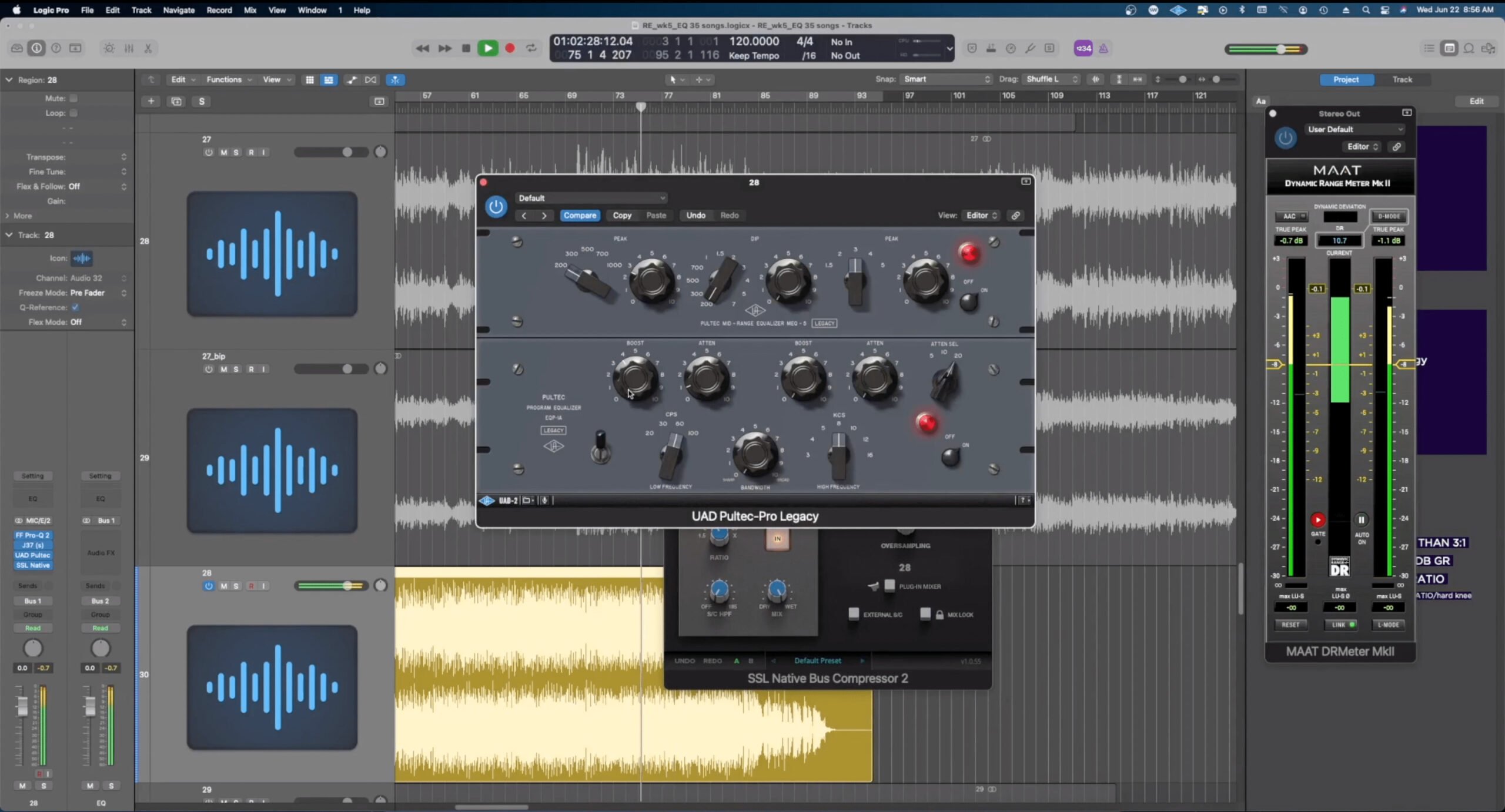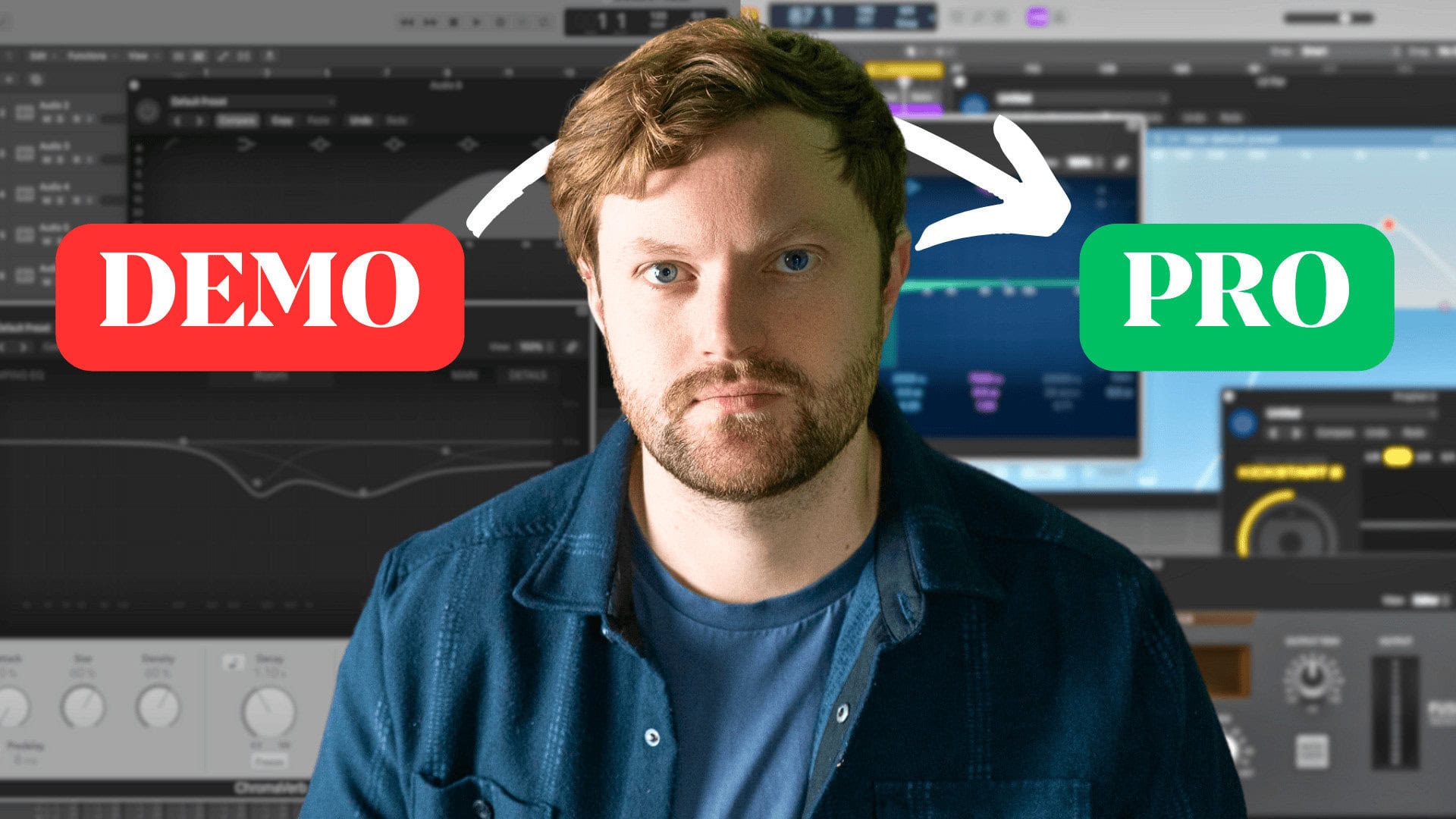Ignore the skeptics when they say you can’t make money as a songwriter.
You can, and I’ll talk about how below.
But how much do songwriters make?
In other words, how much can you make? And what can you do today to start making money from your songs?
How Much Do Songwriters Make?
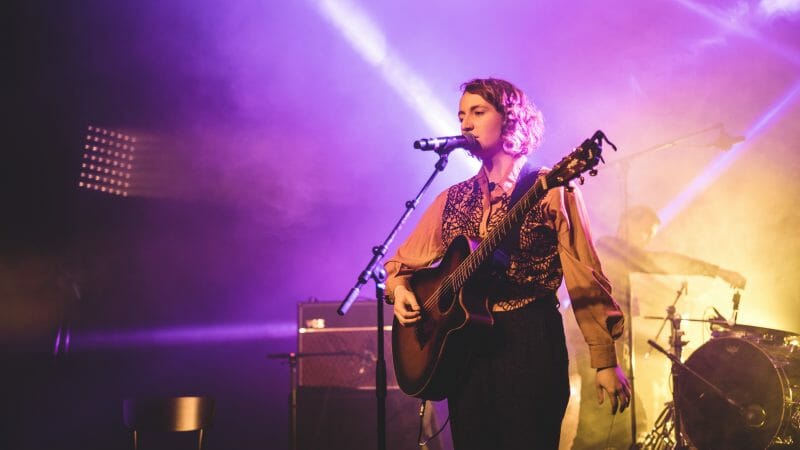
No one can answer this question point-blank. It’s a very general question, and every songwriter’s situation is different.
Glassdoor reports the average songwriter’s salary at about $65,000.
But the famous songwriters make much more than that. While there are plenty of songwriters who make much less than that.
Yes, you can make a living writing songs, as we see in today’s music industry.
And being a songwriter doesn’t mean you’re always in the spotlight.
You don’t have to be a performer if you don’t want to. Many songwriters write for performing artists.
However, many of those songwriters do break out on their own. Like Chris Stapelton and Bruno Mars.
Ester Dean, on the other hand, is a songwriter whom not many people know about. She’s written songs for Katy Perry, Nicki Minaj, Usher, and Beyoncé.
She says her income was hard to rely on in the beginning.
“It’s very difficult to predict how much money you’re going to make on a particular song,” she said. “The way songwriters make money is in royalties: If a song gets played on the radio or licensed for a film or downloaded from iTunes, you get a very small percentage of that money. But you don’t see that money for a long time, because it takes months for the song to get recorded, released, and finally played.”
To get a better idea of how much money you can make, let’s talk about how the famous songwriters do it…
How Well-Known Songwriters Make Money
Like Dean says, there are four main ways songwriters make money. Streaming royalties, mechanical royalties, performance royalties, and sync fees.
Streaming Royalties
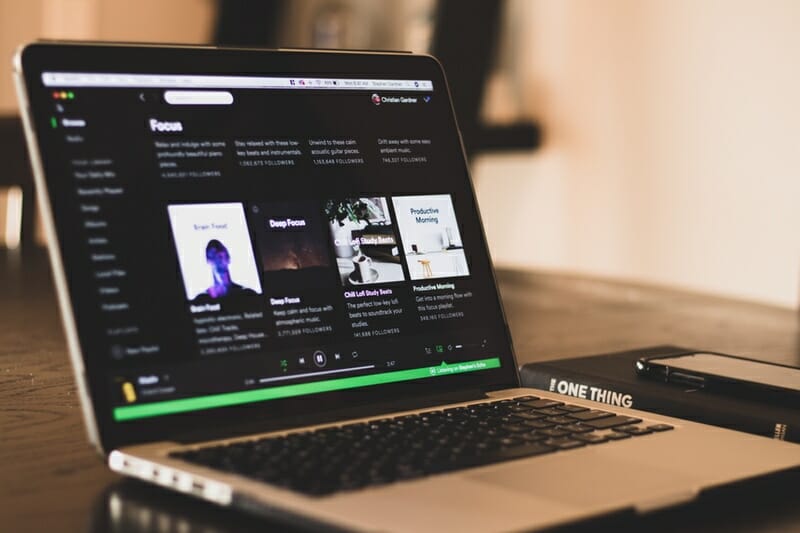
When a song you’ve written is streamed, you’re owed money. This is true whether or not the song was released under your artist name.
Your digital distributor collects and sends you streaming royalties. Those are set and paid by the streaming platforms (Spotify, Apple Music, etc).
These are not to be confused with mechanical royalties…
Mechanical Royalties
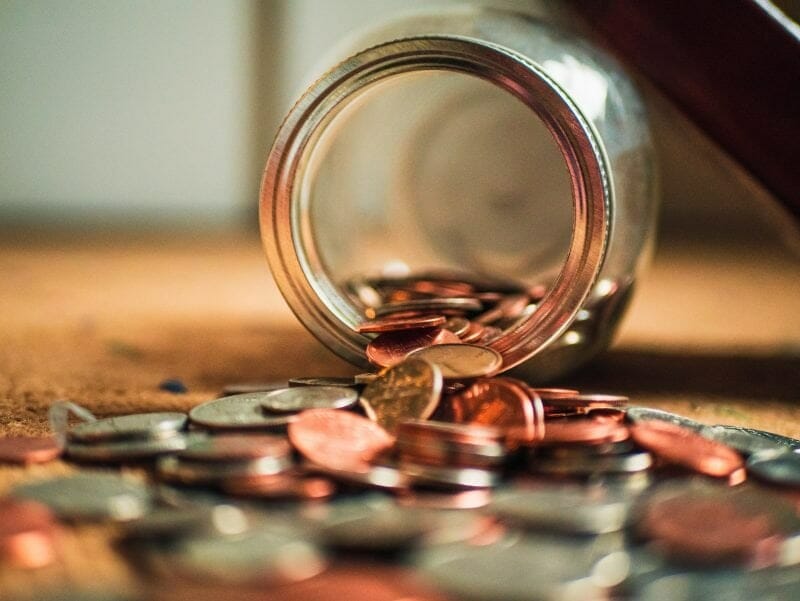
A songwriter gets a mechanical royalty when someone buys a digital or physical version of their song or album.
They also earn a mechanical royalty when someone streams their song. This is a royalty you earn on top of streaming royalties.
The Copyright Royalty Board sets the mechanical royalty rate. This board consists of three judges who agree on new rates every five years.
The current rate is 9.1 cents.
Performance Royalties
A songwriter earns a performance royalty when their song is performed. Whether live or through a digital medium.
Publishing rights organizations (PRO) collect these for songwriters.
Which is why every songwriter needs to register their songs. Use BMI, ASCAP, or SESAC in the United States or SOCAN in Canada.
So if you or another artist performs your song live, you’re owed a royalty.
And if your song is streamed or played in a public place, you’re owed a royalty. Like a bar, restaurant, or on TV.
Sync Fees
A songwriter earns sync fees (aka synchronization fees) when someone licenses their song for use in visual media. Like TV, film, and video games.
The fee a songwriter earns is negotiated between the songwriter and the licensor.
Oftentimes, people license songs through a third party. Like a music library, sync licensing company, or sync agent.
A typical split between the songwriter and the third party is 50/50. But that’s not always the case.
How to Make Money As a Songwriter
Okay, let’s make this practical. What can you do right now to start making money as a songwriter?
Record and Distribute Your Own Music
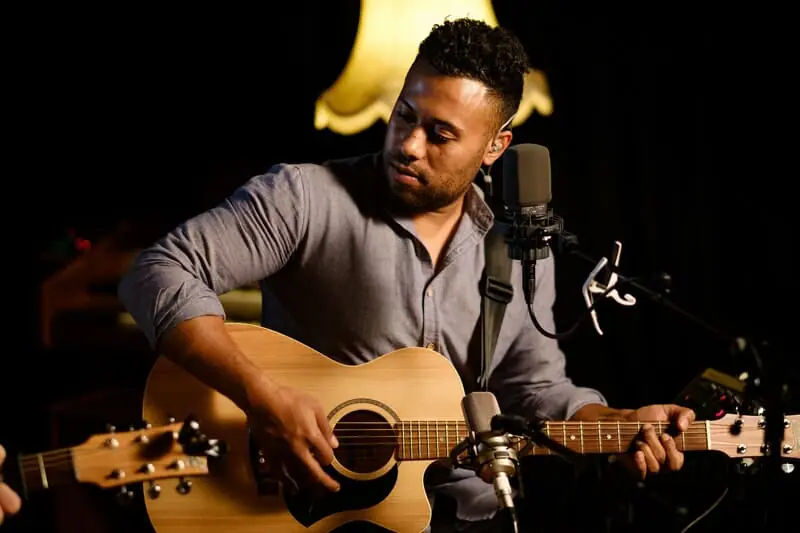
What is the most accessible method for earning money as a songwriter? Record and distribute music.
It doesn’t take much to set up a home recording studio. From there, you can learn the basics of music production and mixing.
Then you can master your songs, hire a professional, or use an automated mastering service.
And as for distributing your music? You can work with companies that charge nothing upfront, like Amuse and Soundrop.
Or maybe you want more features and have some money. You can work with a distributor like CD Baby or DistroKid.
Streaming platforms don’t pay much. But it’s automated income that has unlimited potential to grow.
Partner with a Sync Licensing Company
If you have some industry-standard tracks, you can pitch them to a sync licensing company.
These companies attract people who need music for their visual media. Like music supervisors and indie filmmakers.
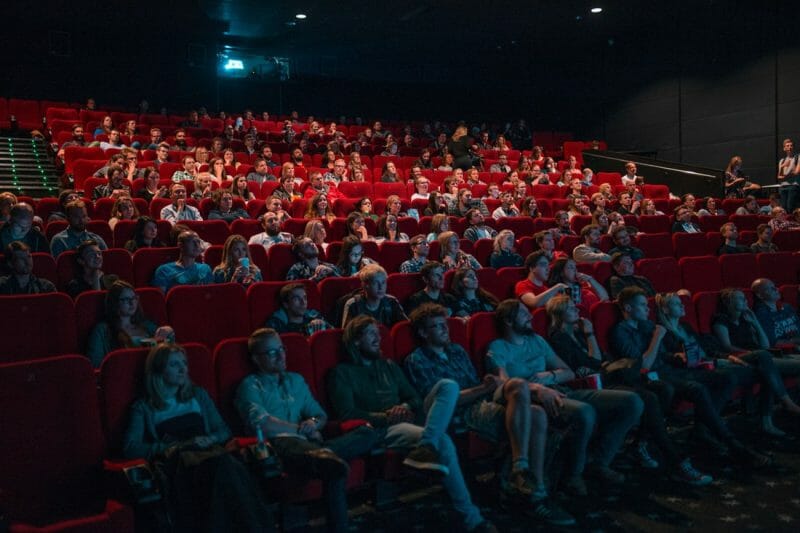
They can bring in people through two ways. Search engine optimization (SEO) or connections they have in the music industry.
Whatever you do, this is a chance for you to earn automated income on a regular basis.
Pitch Your Songs to Performing Musicians

Look at local and regional performing artists, and see who’s creating some buzz. Then research them.
Do they make music similar to yours? What’s their story? Does your music fit with their brand?
Pitch your song(s) to them in hopes they’ll record or perform your song.
Here’s how to properly pitch your music to these artists:
- Ask if you can pitch one or two of your songs
- If they say yes, follow these dos and don’ts in your pitch
- If they say no, thank them and move on
- If they don’t respond, send them a follow-up email after about a week or so
- Rinse and repeat with another artist
Register Your Songs with a PRO
This is a super easy thing every single songwriter needs to do. Even if you haven’t recorded your song yet, it’s best to register it with a PRO.
With BMI, it’s free to sign up and register your songs. With ASCAP, there is a small application fee.
But both PROs offer different benefits to their songwriters.
Remember, you should be getting paid songwriter’s royalties when
- You or someone else plays your song live
- A public place streams your music
- Your music is played on TV or the radio
Sign Up with SoundExchange (U.S. Only)

SoundExchange pays digital performance royalties. Which you earn when your music is played on Pandora, SiriusXM, or a webcast.
These digital radio platforms pay royalties to SoundExchange (U.S. songwriters only). And they distribute them to the songwriters who are registered with them.
Registering your songs is a bit time-consuming. But think of all the royalties you may be leaving on the table.
Sign Up with a Publishing Admin Company
A publishing admin company collects mechanical royalties for you.
Some digital distributors offer a publishing admin service with each release. CD Baby is one.
Otherwise, you’ll want to sign up with a publishing admin company like Songtrust or Sentric. You may prefer this option if you currently use or plan to use multiple distributors.
Conclusion
Yes, you can make money as a songwriter.
You may not make as much as Ryan Tedder or Bruno Mars. But you can make a full-time or supplemental income from your songs.
Just focus on earning streaming royalties, mechanical royalties, performance royalties, and sync fees.
Follow the checklist in the previous section. And you’ll be on your way to making money as a songwriter.


